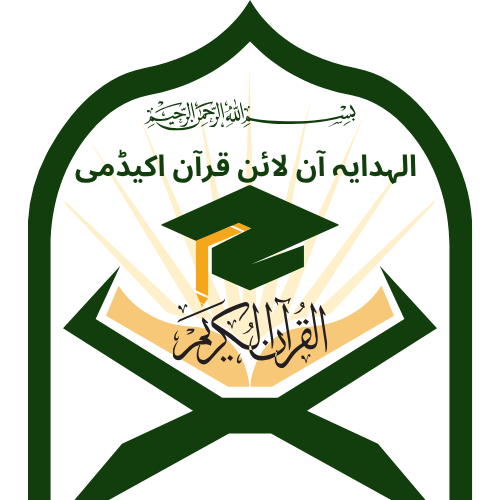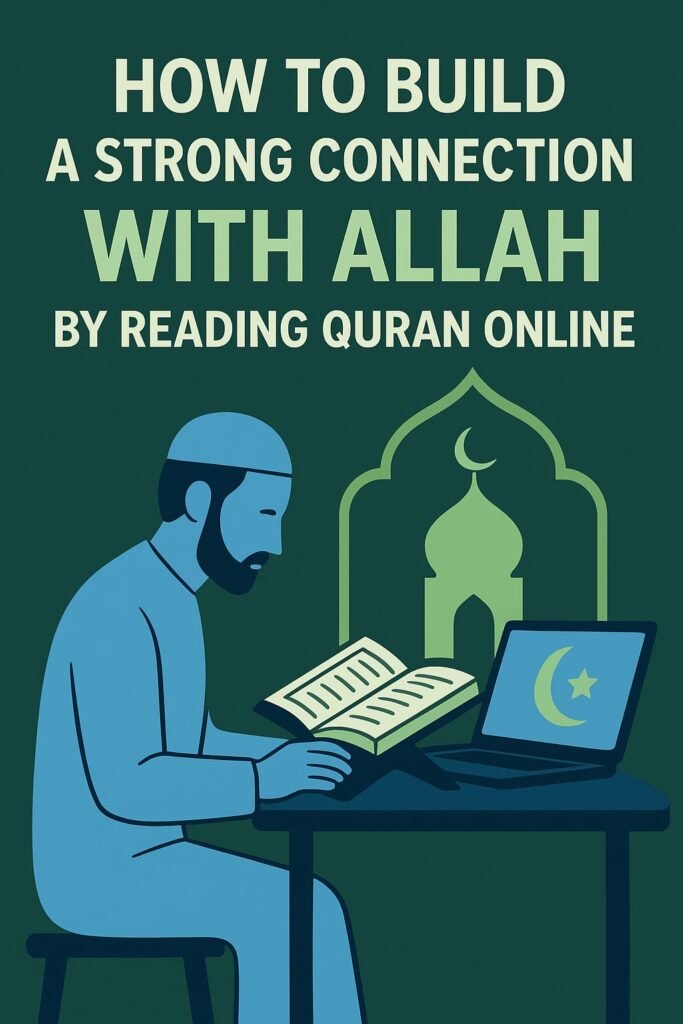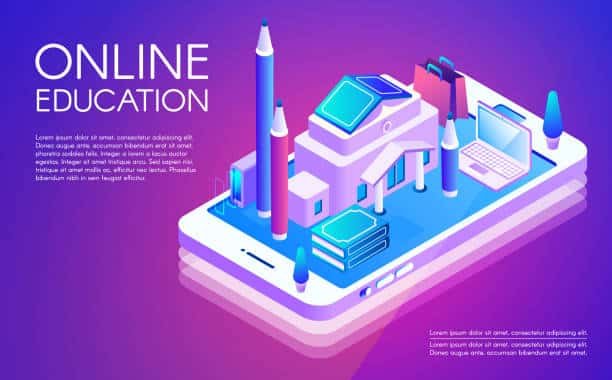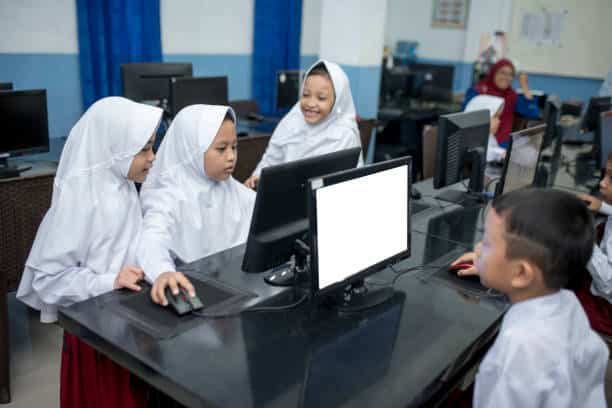
Alhidayah online quran academy
Footer of Alhidayah Online Quran Academy offers quality Quranic education and digital skill courses guiding students worldwide with expert teachers Islamic values and a commitment to spiritual and personal growth
Quick Links
Terms & Conditions
By joining Al-Hidayah Online Quran Academy, you agree to:
- 1. Pay monthly fees on time.
- 2. Attend classes as scheduled.
- 3. Show respect and follow Islamic manners.
- 4. Your info stays private.
- 5. We may update terms or reschedule classes.
Get in touch
+971506356403
Muhammad@alhiayahonlinequranacademy.com
This website Developed by Mattiullah












